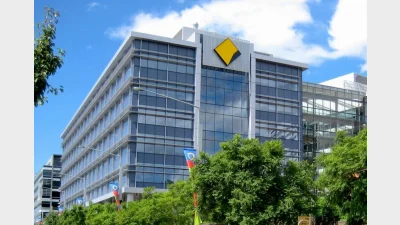IFSA backs short-selling regs



 |
| John Brogden
|
New draft regulations relating to the disclosure of short-selling information has the approval of the Investment and Financial Services Association (IFSA), which said it represents a “sensible and workable” outcome.
The new regulations announced by the Minister for Financial Services, Superannuation and Corporate Law, Chris Bowen, complete the Government’s regulatory regime covering the practice of short-selling, which also includes the banning of naked short-selling and provides the Australian Securities and Investments Commission (ASIC) with more power in relation to short-selling activity.
Under the draft regulations, covered short-selling transactions will be required to be reported to market operators and will be publically released the following day. Short-sellers will also need to report short positions to ASIC, which will in turn release the information to the public four days after the positions are taken.
“The regulations strike the right balance between the market’s interest in knowing what short-selling is occurring and the legitimate interests of businesses in not having their trading strategies compromised,” Bowen said.
IFSA chief John Brogden said the regime will “provide meaningful information to the market while reducing the risk of commercially sensitive information being disclosed”.
Brogden said IFSA will work with ASIC to develop an appropriate threshold under which short-selling positions will not be required to be reported.
The Government will review the regulatory arrangements after 12 months.
Recommended for you
The Commonwealth Bank has warned that uncapped superannuation concessions may be “unsustainable” and has called for the introduction of a superannuation cap.
Superannuation funds have posted another year of strong returns, but this time, the gains weren’t powered solely by Silicon Valley.
Australia’s $4.1 trillion superannuation system is doing more than funding retirements – it’s quietly fuelling the nation’s productivity, lifting GDP, and adding thousands to workers’ pay packets, according to new analysis from the Association of Superannuation Funds of Australia (ASFA).
Large superannuation accounts may need to find funds outside their accounts or take the extreme step of selling non-liquid assets under the proposed $3 million super tax legislation, according to new analysis from ANU.









